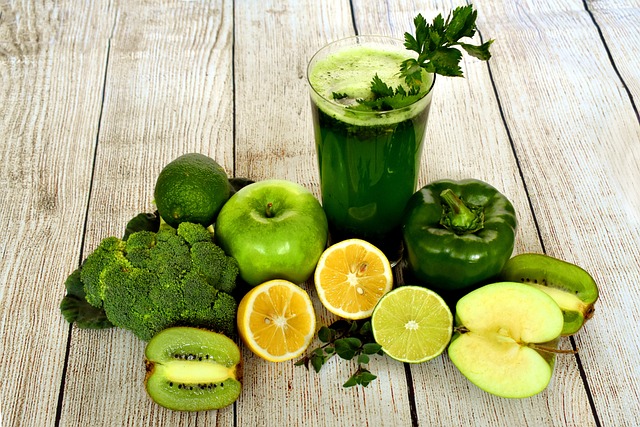Beyond Yogurt: Surprising Sources of Probiotics You Didn’t Know About
Welcome to our blog post on the amazing world of probiotics! When we think of probiotics, the first food that comes to mind is often yogurt. However, there are many other sources of probiotics that you may not be aware of. In this article, we will explore some of these surprising sources and discuss the benefits they offer to our overall health.
Kombucha
Kombucha is a fermented tea that has gained popularity in recent years due to its numerous health benefits. It is made by adding a SCOBY (symbiotic culture of bacteria and yeast) to sweetened tea, which then ferments for a period of time. The result is a tangy, effervescent beverage that is not only delicious but also packed with probiotics.
Consuming kombucha regularly can help to improve digestion, boost your immune system, and even promote weight loss. It is also a great alternative for those who are lactose intolerant or following a vegan diet, as it provides probiotics without any animal products.
Sauerkraut
Sauerkraut is a traditional German dish made from fermented cabbage. During the fermentation process, beneficial bacteria, such as Lactobacillus, convert the sugars in the cabbage into lactic acid. This lactic acid not only gives sauerkraut its tangy flavor but also helps to preserve the cabbage and create a gut-friendly environment.
Adding sauerkraut to your diet can support a healthy digestive system and improve nutrient absorption. It is also rich in vitamins C and K, as well as various antioxidants. Just make sure to choose unpasteurized sauerkraut, as the pasteurization process kills the probiotic bacteria.
Miso
Miso is a traditional Japanese condiment made from fermented soybeans, rice, or barley. It has a distinct umami flavor and is commonly used in soups, marinades, and dressings. Miso is packed with probiotics, thanks to the fermentation process that involves the fungus Aspergillus oryzae.
The probiotics in miso can aid in digestion, support a healthy immune system, and even reduce the risk of certain cancers. Additionally, miso is a complete protein and contains essential minerals like manganese and copper.
Kefir
Kefir is a fermented dairy product that is similar to yogurt but has a thinner consistency. It is made by adding kefir grains to milk, which ferment the lactose and convert it into lactic acid. This process gives kefir its tangy taste and makes it a rich source of probiotics.
Drinking kefir regularly can help balance your gut bacteria, improve lactose digestion, and boost calcium absorption. It is also a great source of protein, B vitamins, and minerals like calcium and phosphorus. If you are lactose intolerant, there are non-dairy versions of kefir available, such as coconut kefir or water kefir.
Kimchi
Kimchi is a popular Korean side dish made from fermented vegetables, primarily cabbage and radishes. It is seasoned with various spices and typically has a spicy and tangy flavor. The fermentation process not only enhances the taste but also creates a diverse mix of beneficial bacteria.
Adding kimchi to your meals can stimulate digestion, reduce inflammation, and strengthen your immune system. It is also a good source of vitamins A, C, and K, as well as iron and fiber.
Conclusion
While yogurt is undoubtedly a great source of probiotics, there are many other foods that can offer the same benefits and even more. Incorporating probiotic-rich foods like kombucha, sauerkraut, mis







